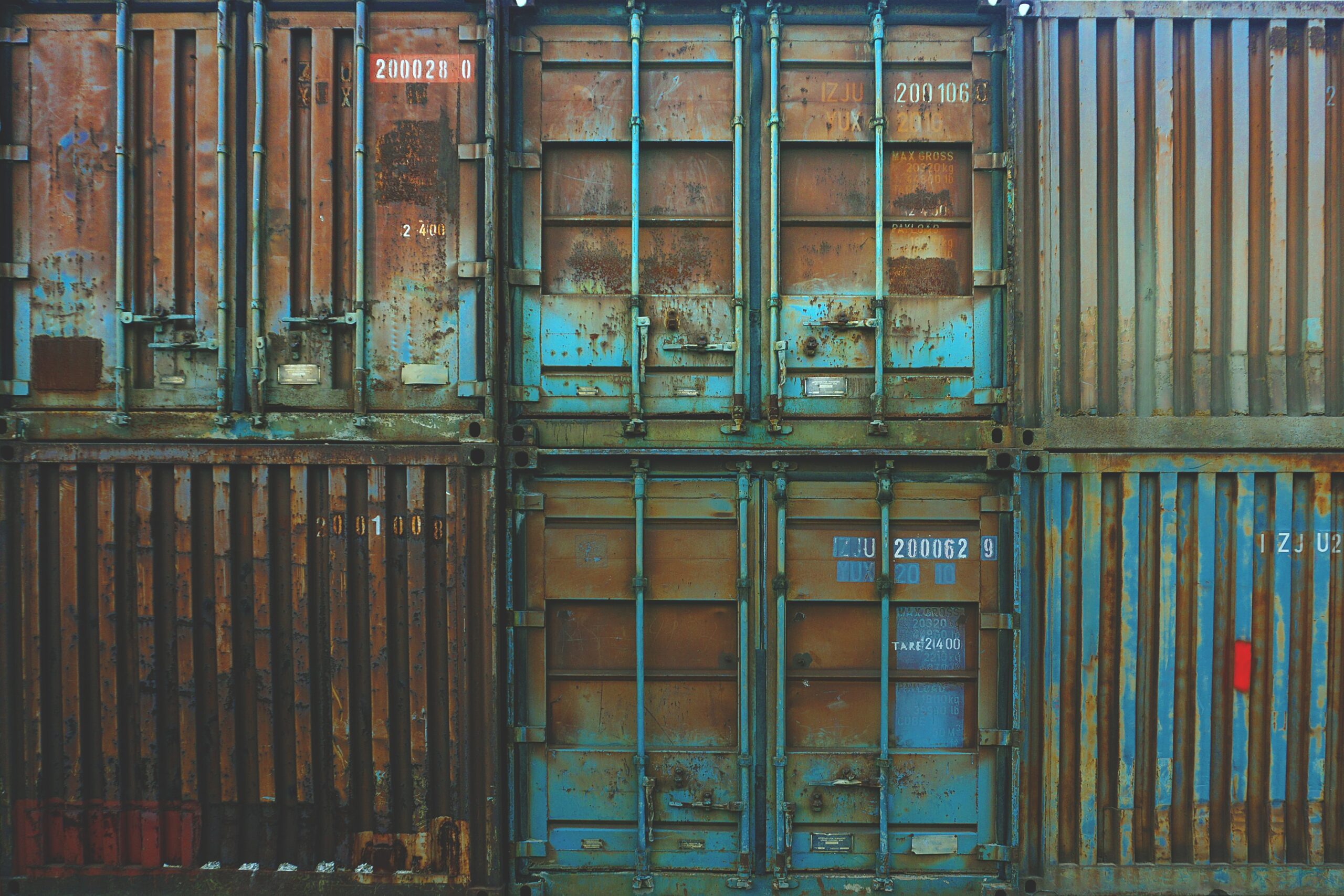Corrosion is a common problem that affects many types of metals and can cause them to become weakened or even fail. Corrosion happens when metal surfaces come into contact with certain elements, causing an electrochemical reaction on the surface of the metal. This reaction results in corrosion products being formed which can damage the metal structure and reduce its strength. Knowing what causes corrosion is important for preventing it from happening, as well as being able to mitigate any existing corrosion problems. In this article, we will take a look at six causes of corrosion that you should be aware of.
1. Weather Conditions
The elements in the atmosphere such as oxygen, water vapor, and other pollutants can cause corrosion when combined with certain metals. Metal surfaces that are exposed to salty air or specific humidity levels are more susceptible to corrosion than others. Always take proper measures if your metal components are likely to be exposed to these conditions.
2. Biological Substances
Biological substances such as algae, bacteria, and fungi can cause corrosion when they come into contact with metal surfaces. These organisms produce acids that react with the metal surface and corrode it over time. Keep these types of organisms away from your metal components to prevent corrosion.
3. Harmful Gases and Chemicals
Certain gases and chemicals can also cause corrosion. Examples of these include sulfur dioxide, hydrogen sulfide, and chlorine gas. Such gases can react with the metal surface, slowly corroding it over time. It is important to take steps to reduce exposure using proper ventilation or protective coatings.
4. Presence of Impurities
Impurities in metal can also cause issues with corrosion. The impurities are usually foreign elements that are present in small amounts, but they can still have an effect on the metal’s resistance to corrosion. Common impurities include sulfur, phosphorus, lead, and copper, which all change the electrochemical reaction of the metal and make it more prone to corrosion.
5. Moisture
Moisture is a common cause of corrosion, especially on metal surfaces that are exposed to the elements. Moisture can react with certain metals and form rust, which can weaken the metal surface and damage it over time. This is why it is essential to keep metal components dry whenever possible or protect them using a waterproof coating.
6. High Temperatures
When metal components are exposed to high temperatures, electrons in the metal transfer more easily and corrosion reactions occur more quickly. Keep metals away from sources of heat such as furnaces and hot air blowers, and use appropriate insulation when necessary.
It’s important to note that not all metals corrode. Hastelloy C-22, for example, has excellent resistance and is often used in applications where other metals are prone to corrosion. You can read more about it here.
Understanding the causes of corrosion can help you identify potential issues with your metal components so you can take steps to prevent or mitigate them. With proper care and maintenance, you can make sure your metal components last for many years.
